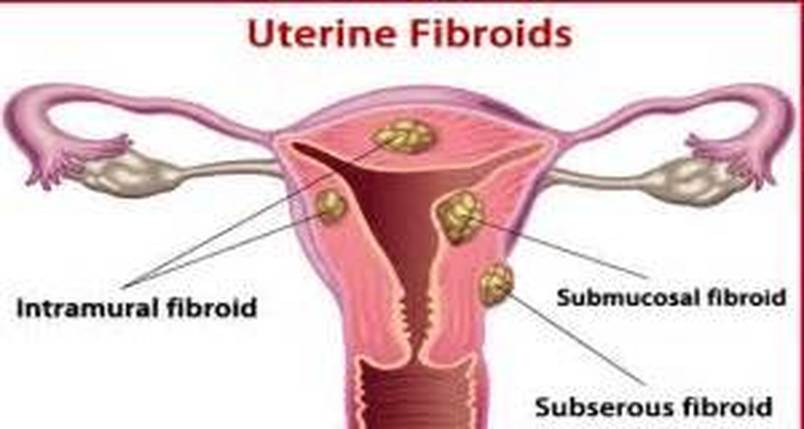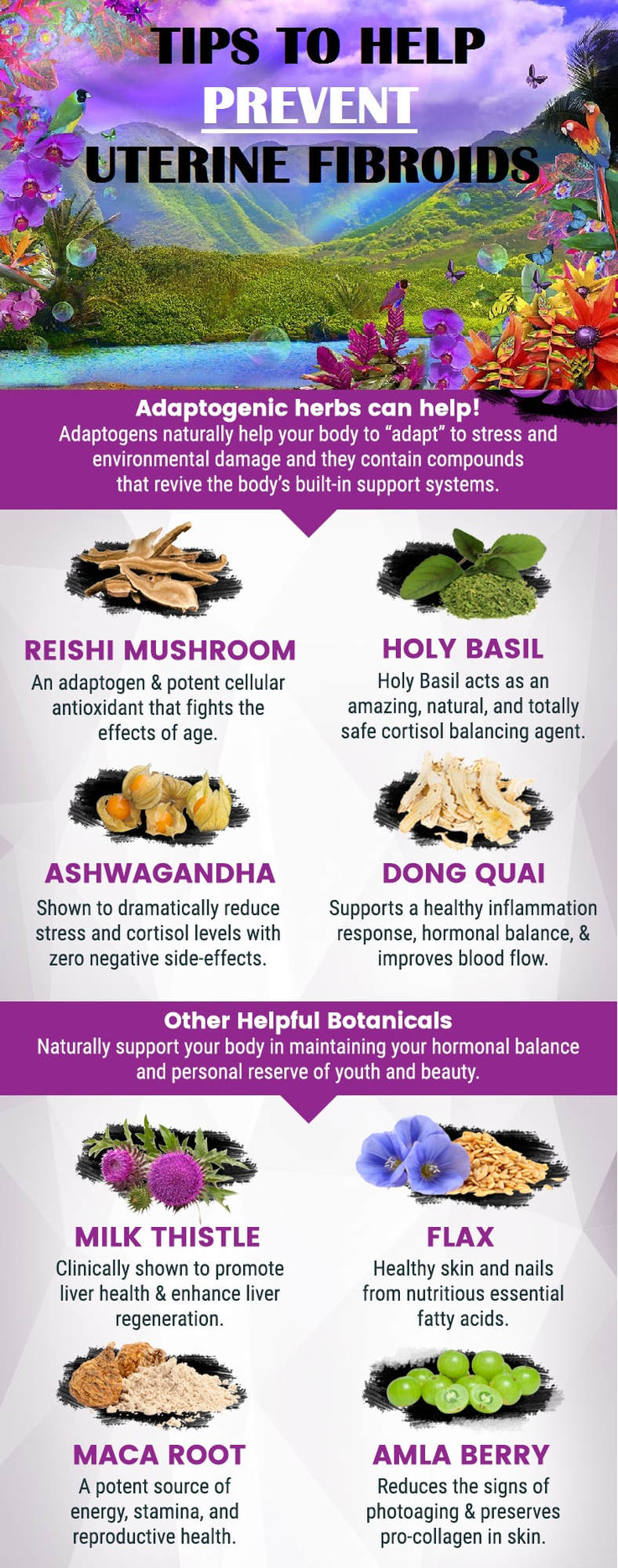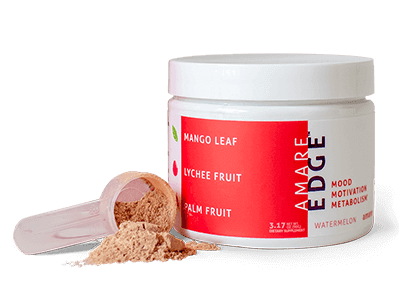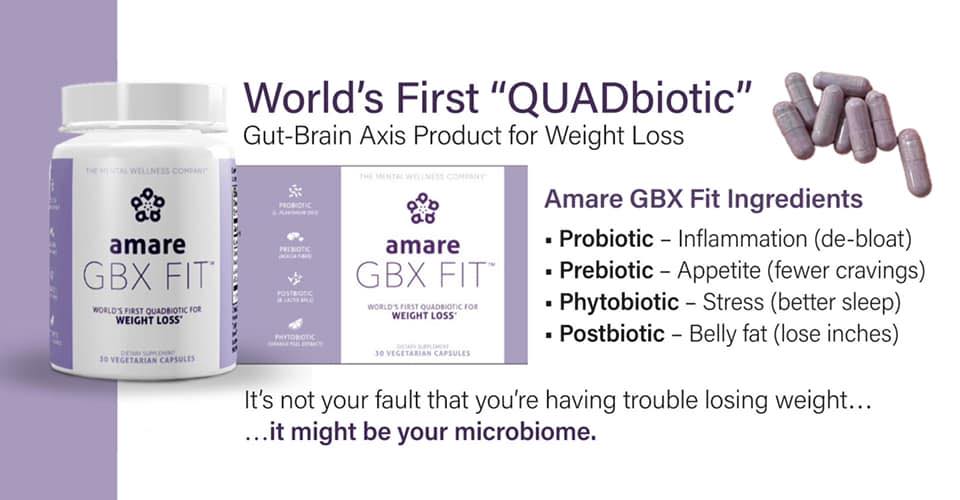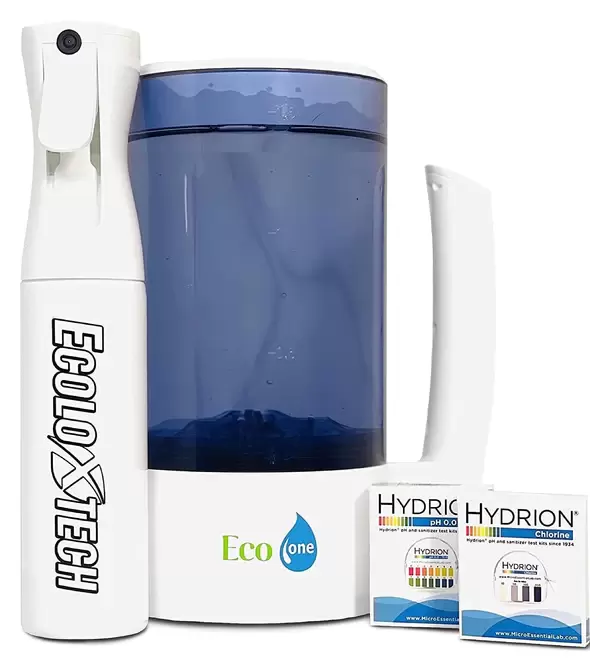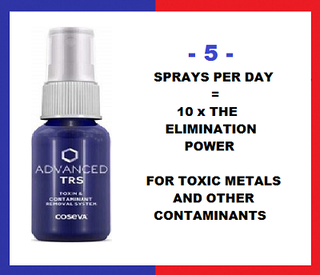Uterine Fibroids
(Uterine Leiomyoma)
This Common Tumor Isn’t Cancer, but Should Still Be Avoided
It’s a cancer-like condition that will afflict as many as three out of four women at some point throughout their lives.1 I’m talking about uterine leiomyoma or myoma, commonly referred to as uterine fibroids or fibroid tumors. These are tiny, non-cancerous (benign) tumors that often develop within the uterus of a women, typically during their childbearing years.
Uterine fibroids can range in size from just a few millimeters to sometimes as large as eight inches in diameter (roughly the size of a melon!) though they usually tend towards the smaller end of the spectrum.2
Symptoms & Signs of Uterine Fibroids
Not to be confused with cysts, uterine leiomyomas are solid, abnormal growths in smooth muscle and fibrous connective tissue that can cause symptoms including:
Warning Uterine Fibroids Causes And Signs
- Bladder Issues: Fibroids that develop near the bladder are likely to press against it, causing pressure and more frequent visits to the toilet.
- Rectal Pressure: Fibroids that develop toward the back of the uterus might press the rectum, thus uterine fibroids causes uncomfortable feeling and increase the risk of hemorrhoids.
- Lower Back Pain: Fibroids that grow on the outer back of the uterus might press the spinal nerves and cause back pain.
- Prolonged and Heavy Menstruation: Excessive bleeding along with blood clots, and cramps or pain in the lower abdomen is one of the most common signs of uterine fibroids.
- Painful Sexual Intercourse: Sexual intercourse is likely to become painful, depending on the size and location of the fibroid.
- Infertility or Frequent Miscarriages: Even though there are many reasons for this problem, the presence of uterine fibroids is one of them.
- Swelling of Lower Abdomen: Large periods cause swelling of the lower abdomen and might make a woman appear as if pregnant.
- Chronic pain: Fibroids take cramps to another level.
- Repeated urinary tract infections: Individuals with uterine fibroids tend to have frequent urinary track infections.
- Constipation: Fibroids can cause the uterus to press against the colon and cause difficulty with defecation. If you have this problem, a Squatty Potty may help with elimination.
- Anemia: Anemis is a hallmark of uterine fibroids. The fibroid growths are like babies, they use up blood supply causing a drop in iron.
A surprising number of women who have them, however, experience no symptoms at all. The medical industry claims that it doesn’t know why uterine fibroids develop. Because these pesky little masses are typically harmless, many medical professionals say not to worry unless these or other similar fibroid symptoms start to develop.
Fibroids Treatment Options
The standard medical approach to treating troublesome uterine leiomyomas ranges from having women take hormone-altering pharmaceuticals to encouraging them to undergo major fibroid surgery in the form of a hysterectomy. There are also newer, supposedly “non-invasive” procedures like MRI-guided focused ultrasound surgery (FUS), for instance, which involves using heat and sound in the form of high-energy ultrasound technology to break up and destroy fibroid tissue.3
In certain cases, these aggressive approaches are fitting. But unfortunately none of them address the biggest elephant in the room: prevention. Avoiding them altogether should be every woman’s first priority when it comes to myomas.
While there do exist natural alternatives to drugs and surgery that science suggests could be helpful in keeping existing fibroids in the uterus from growing larger, or possibly even eliminating them altogether… wouldn’t it be better to prevent them from forming at all if possible?
What Causes Fibroids in Uterus?
Despite what many in the medical community claim, uterine leiomyomas do have a cause even if we don’t fully understand what it is. One thing we know for sure is that fibroids tend to grow in response to high levels of estrogen, and conversely stabilize or even shrink after menopause when estrogen levels decrease. We also know that both estrogen and progesterone control the growth of the endometrium, or uterine lining, preparing a woman’s uterus for pregnancy.4
Evidence suggests that uterine fibroids have a special affinity for both progesterone and estrogen, as they contain more receptors for these two hormones than surrounding normal tissue. Estradiol specifically, which is a type of estrogen, is known to promote fibroid cell replication, while progesterone prevents fibroid cell death. Together, these two mechanisms of action can lead to the uncontrolled formation of damaging fibroid tissue. This uterine fibroid tissue also contains high levels of the enzyme aromatase, which converts testosterone into estrogen, further contributing to even more fibroid development and spread.5
Knowing this critical information – mainly that a hormonal imbalance plays a direct role in causing fibroids in uterus to grow – can offer clues as to what interventions might help to keep leiomyomas at bay.
It’s clear just from these few details I’ve laid out that a woman’s hormone levels are powerfully influential in either allowing or preventing the proliferation of fibroids. And a woman’s hormones are directly affected by the things she eats, how she lives her life, and what types of things she’s exposed to in the environment on a daily basis.
Bad Diets Make Estrogen Levels Spiral Out of Control
Junk food is the first thing that women need to take into account and remove from their diets if they hope to decrease their chances of developing myomas. This includes things like processed meat derived from conventional feedlot cattle. These are known to increase inflammatory markers due to their heavy content of chemical additives and “bad” fats. Grass-fed beef, pastured poultry, and wild-caught fish are much better alternatives, as they contain fewer chemicals and more “good” fats that support hormone balance.
The same is true for conventional dairy products, which often contain steroids and other chemicals that are known to alter hormone levels. You’ll want to avoid refined sugar and grains as well. Both can lead to weight gain and hormone disruption, not to mention the fact that they spike blood sugar levels and are just all-around damaging to the immune system. And don’t forget about alcohol and caffeine (beyond perhaps 1-2 cups of coffee or black tea per day), both of which are major no-nos when it comes to keeping hormone levels in check.
In addition to eating organic produce and grass-fed meats, women trying to steer clear of uterine leiomyomas will want to consume plenty of leafy greens and cruciferous vegetables. Leafy greens are rich in vitamin K, which is known to help prevent clotting and control menstrual bleeding.6 Cruciferous vegetables such as broccoli, cauliflower, and Brussels sprouts likewise possess anti-fibroid properties. This was demonstrated in a case-control study out of China which found that these foods directly counteract the formation of uterine fibroids at the systemic level.7
Dr. Josh Axe also recommends eating foods that are rich in beta-carotene, a type of vitamin A that’s been shown to help the body along in repairing and creating new tissue. This includes carrots, sweet potatoes and yams, kale, and spinach, grass-fed butter and ghee, as well as other naturally-orange foods like cantaloupe and apricots, which may help to break up aberrant tissue growth like the kind that contributes to fibroid formation.8
Really, any food with hormone-balancing properties is beneficial when it comes to steering clear of leiomyomas. Adaptogenic herbs such as holy basil and ashwagandha, for instance, are widely known to help support hormonal homeostasis (balance) throughout the body while minimizing stress and boosting immune function. Omega-3 fatty acids like the kind found in fatty fish and other foods like chia and flax are similarly beneficial in helping to keep hormones balanced.9
Xenoestrogenic Toxins: What to Avoid
Our modern world is loaded with chemicals, many of which have xenoestrogenic properties. This means they can interfere with hormone production and conversion, leading to a hormone imbalance. Chemicals to actively steer clear of include pesticide and herbicide chemicals that are routinely sprayed on non-organic produce to deter critters and weeds. Synthetic fertilizers, food preservatives, conventional cleaning and personal care products, air fresheners, solvents, paints, and even plastic bottles and containers are also all common sources of xenoestrogens that should be avoided.
In place of these things, you’ll want to purchase only organic and certified chemical-free foods as much as possible, as well as switch to glass and stainless steel for food storage. To keep the air smelling fresh and clean around your home, you can’t go wrong with all-natural essential oils. These are much safer, and quite frankly better smelling, alternative to conventional aerosol cans, candles, and plug-ins. Most of these products are made with petroleum-based “fragrance” chemicals that are known to interfere with proper hormone expression.10
Exercise Is a Nightmare for Leiomyomas
Last but not least, staying active is a critical element for women seeking to naturally protect themselves against fibroids. Peer-reviewed research has determined that exercise is directly correlated with incidence of fibroids – meaning the more a woman moves, the less likely she is to develop leiomyomas and the many associated symptoms.11
There are some fibroid risk factors that women don’t necessarily have control over, of course, including family history, age, and race. But there are plenty of contributing factors that women can change with awareness and taking action. Moving your body regularly in ways you enjoy, eating a healthy diet, and avoiding toxic chemicals in food and personal care products are among the most important lifestyle habits that a woman can (and should) adopt for prolonged wellness support.
Although benign, uterine fibroids causes various problems, from painful intercourse and PMS cramps to heavy menstrual bleeding. Surgical procedures are commonly used to remove them, but they often keep returning.
Foods & Products That Cause Uterine Fibroids
Here are some of the foods that contribute to tumor growth:
1. Soy Products
Eating some in moderate amounts may be beneficial, but eating them in excess may lead to fibroids growth and gout. Soy products, except for fermented soy, are packed with phytoestrogens which are detrimental to women`s health.
2. Processed Foods
Processed foods contain colorings, preservatives, flavorings, and other foods additives, all of which are toxic to the liver and known to compromise the overall health.
3. Herbicides And Pesticides
Residues from herbicides and pesticides utilized on food crops affect hormones and contribute to various hormonal imbalances.
4. Birth Control Pills
While birth control pills help to reduce heavy menstrual glow, they are also likely to contribute to further growth of the fibroids.
5. Soy Milk
Soy milk is known to cause estrogen dominance, accompanied with symptoms like fibroids in the breasts, infertility, blood clots in menstruation, thyroid issues, weight gain, and irregular menstrual cycles.
How To Prevent And Shrink Uterine Fibroids
Vigorous exercise: Regular exercise combined with eating the right foods helps regulate ovulation and eventually shrink the fibroids.
Manage your stress: Stress deprives the body of essential nutrients, weakens the adrenal glands, and leads to hormonal imbalances.
Eat legumes and beans: Legumes, avocados, beans, and eggs are examples of protein-rich foods which help reduce the size of your fibroids and protect against cervical cancer and cancer of the breast.
Liver support foods: Boost your liver`s function by eating liver-friendly foods like dandelion, grapefruit, beetroot, and milk thistle.
Beverages: Avoid coffee and caffeinated drinks like sodas which are dehydrating and inhibit the absorption of minerals like iron. Consequently, they increase the risk of anemia and further complications.
Water: Avoid tap water as it contains detrimental compounds like heavy metals, chlorine, and fluoride.
Fruits and vegetables: Regular consumption of fruits and veggies together with green juices helps shrink the fibroids faster.
Helpful Supplements:
Some of the supplements that may be beneficial for shrinking fibroids include:
Helpful Herbs:
Some of the herbs that help shrink fibroids include:
- Dandelion root
- Nettle tea
- Turmeric
- Black cohosh
- Pau d’arco
See Your Doctor If You Have Fibroid Symptoms
I need to emphasize that it’s still vitally important that you see a doctor if you’re already experiencing fibroid symptoms that suggest the presence of myomas inside your body. Severe pelvic pain or vaginal bleeding, for instance, are pretty strong indicators that you probably need a proper physical examination and possible surgical treatment to get things under control.
The fibroids diagnosis process may include getting an ultrasound, CT scan, or MRI to determine the severity of the fibroid condition in order to pinpoint the most appropriate remedy, and you’ll need to consult with your doctor to identify the best course of action for you.
Sources and References
- 1. Uterine Fibroids
- 2. Fibroids: Causes, Symptoms, and Treatments
- 3. Uterine Fibroids
- 4. Relaxin in Human Pregnancy
- 5. Uterine Fibroids
- 6. Vitamin K
- 7. Vegetarian diet and reduced uterine fibroids risk: A case-control study in Nanjing, China
- 8. 8 Ways to Heal or Prevent Fibroids
- 9. 10 Ways to Balance Hormones Naturally
- 10. Endocrine Disruptors and Asthma-Associated Chemicals in Consumer Products
- 11. Uterine Fibroids
Excerpts from posting by By Ty Bollinger https://thetruthaboutcancer.com/uterine-leiomyoma/and https://goo
Medical Disclaimer: This is NOT medical advice. The information on this website is not intended to diagnose, treat, cure or prevent any disease. None of the health topics presented on JA Health Advocate have been evaluated or approved by the Jamaican Ministry of Health or the FDA. They should not replace personal judgment nor medical treatment, nor are they intended to diagnose, treat, cure, or prevent any disease. Always talk to your Natural Health Provider or M.D. about the use of these or any other complimentary modalities. JA Health Advocate encourages you to make your own health care decisions based on your judgment and research in partnership with a qualified healthcare professional. These statements have not been evaluated by the US Food and Drug Administration or the Jamaica Ministry of Health. Reading this website denotes your understanding and agreement to our full disclaimer.

